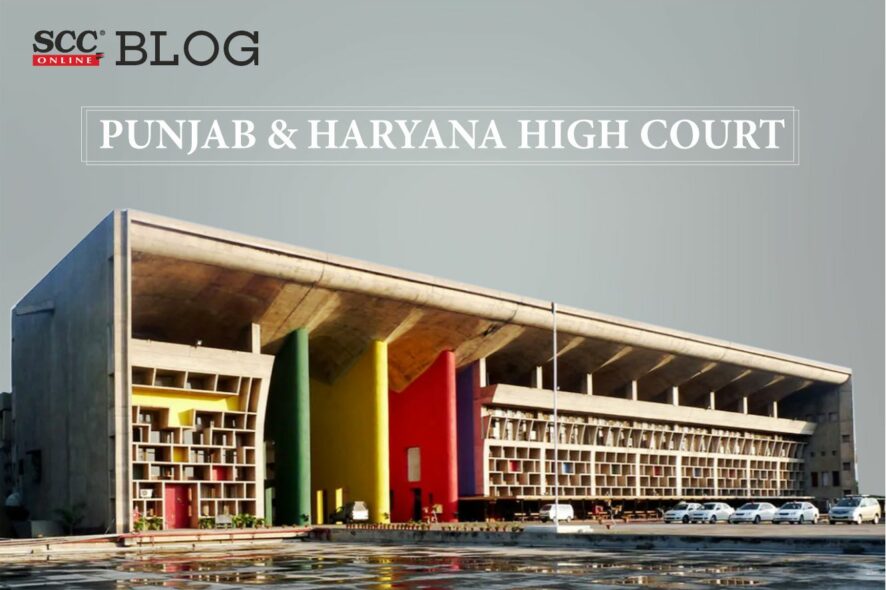Punjab & Haryana High Court: While deciding an appeal arising from a divorce petition, the bench of Ritu Bahri, J. and Meenakshi I. Mehta, J. observed that “the facts and circumstances unequivocally speak volumes of the fact that the respondent has incessantly been filing the complaints against the petitioner as well as his family members and the petitioner even had to go behind the bars in connection with one of those complaints, resulting in harm/damage to his image and reputation in the eyes of their relatives and the society at large”.
Facts and legal trajectory of the case: The marriage between the petitioner and respondent had been solemnized according to Hindu rites and ceremonies in Chandigarh on 26-09-2014. However, soon after the marriage, the respondent allegedly started quarreling over petty issues, threatened to commit suicide multiple times, threatened to file a false case/complaint against the petitioner and his family, and on one occasion, slapped the petitioner in public. On 02-03-2015, the respondent lodged a complaint with the Crime Against Women Cell against the petitioner, his mother, sister, and uncle but later on, she made a statement before the police authorities that she did not want to pursue her complaint further. The respondent again submitted a complaint against the petitioner and his family, in pursuance of which the police had arrested the petitioner under Sections 107/151 of CrPC. and prepared a Calendra against him and his mother. In these proceedings, the petitioner had appeared before the Executive Magistrate, Ambala but the respondent did not make any statement before the said authority and subsequently, the petitioner was discharged on 18-08-2015. After this, the respondent kept filing complaints against the petitioner and his family in the Crime Against Women Cell.
On the other hand, the respondent alleged that the petitioner’s mother and sister wanted to oust her from her matrimonial home and were pitting him against her. The petitioner had also disclosed to the respondent that his mother and sister had threatened to commit suicide in case he took her back to his house. The respondent also claimed that the mother-in-law had demanded a Skoda car in dowry. On one occasion, the respondent had messaged the petitioner saying that she will commit suicide since he had left her outside on the road in the late hours of the night.
Due to such circumstances, the petitioner had filed a petition under Section 13 of the Hindu Marriage Act, 1955 for seeking the dissolution of their marriage by way of a decree of divorce, but the trial court dismissed the petitioner. Consequently, the petitioner filed an appeal in the High Court.
Issue:
Whether the conduct of the respondent would fall within the realm of mental cruelty?
Analysis and findings:
After analyzing the witnesses and evidence on record, the court observed that “the respondent has incessantly been filing the complaints against the petitioner as well as his family members and the petitioner even had to go behind the bars in connection with one of those complaints, resulting in harm/damage to his image and reputation in the eyes of their relatives and the society at large”. The court relied on the case of Joydeep Majumdar v. Bharti Jaiswal Majumdar [2021 (2) R.C.R. (Civil) 289] and held that the respondent had subjected the petitioner to cruelty after their marriage. Even otherwise, the parties have been living separately since 26-01-2015, i.e., for more than the last seven years and therefore, their marriage can safely be termed as a ‘dead marriage’.
Subsequently, the court allowed the appeal and set aside the impugned order of the trial court. The court also allowed the petition under section 13 of the HMA,1955 and dissolved the marriage between the parties.
[Anmol Verma v. Radhika Sareen, 2022 SCC OnLine P&H 1649, decided on 05-07-2022]







